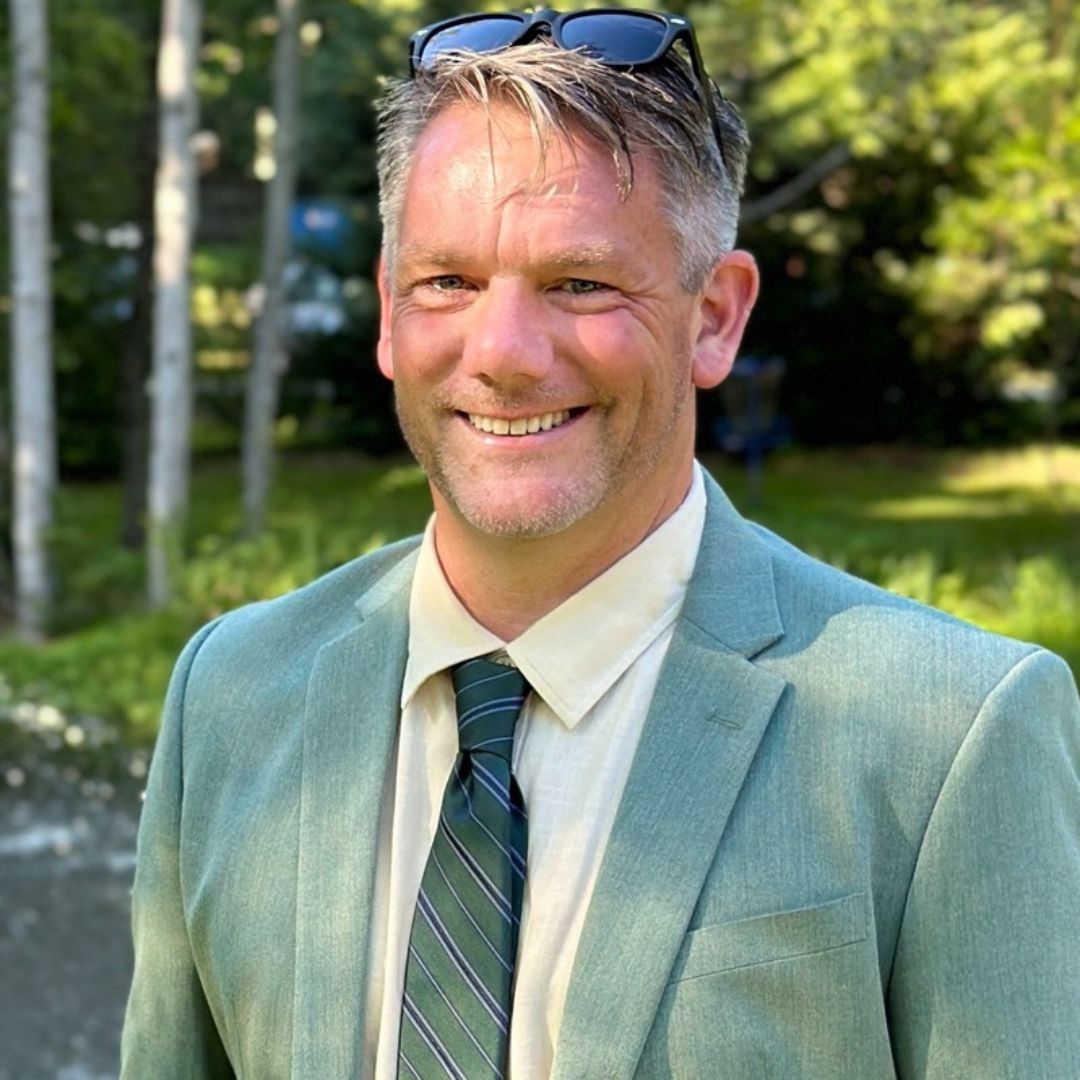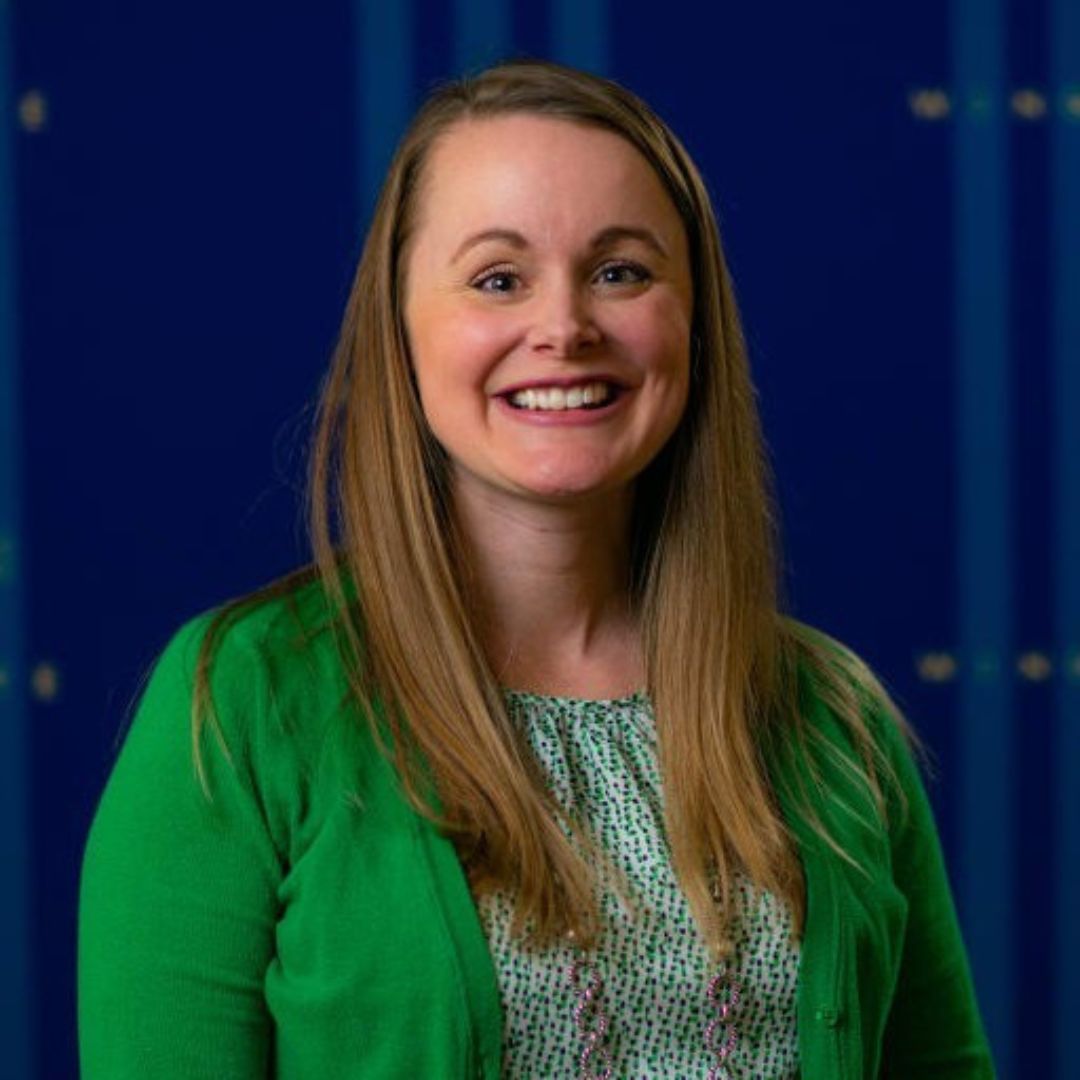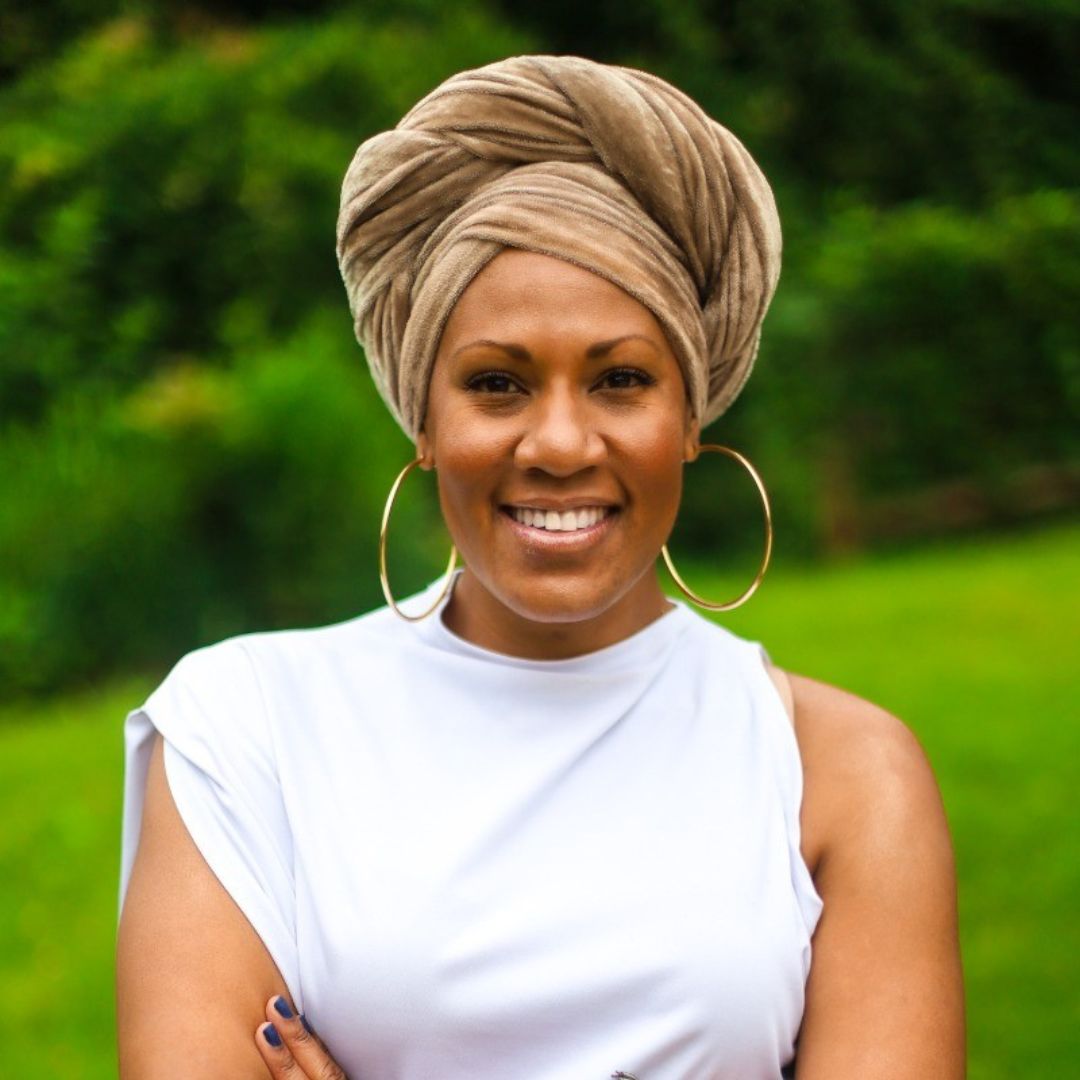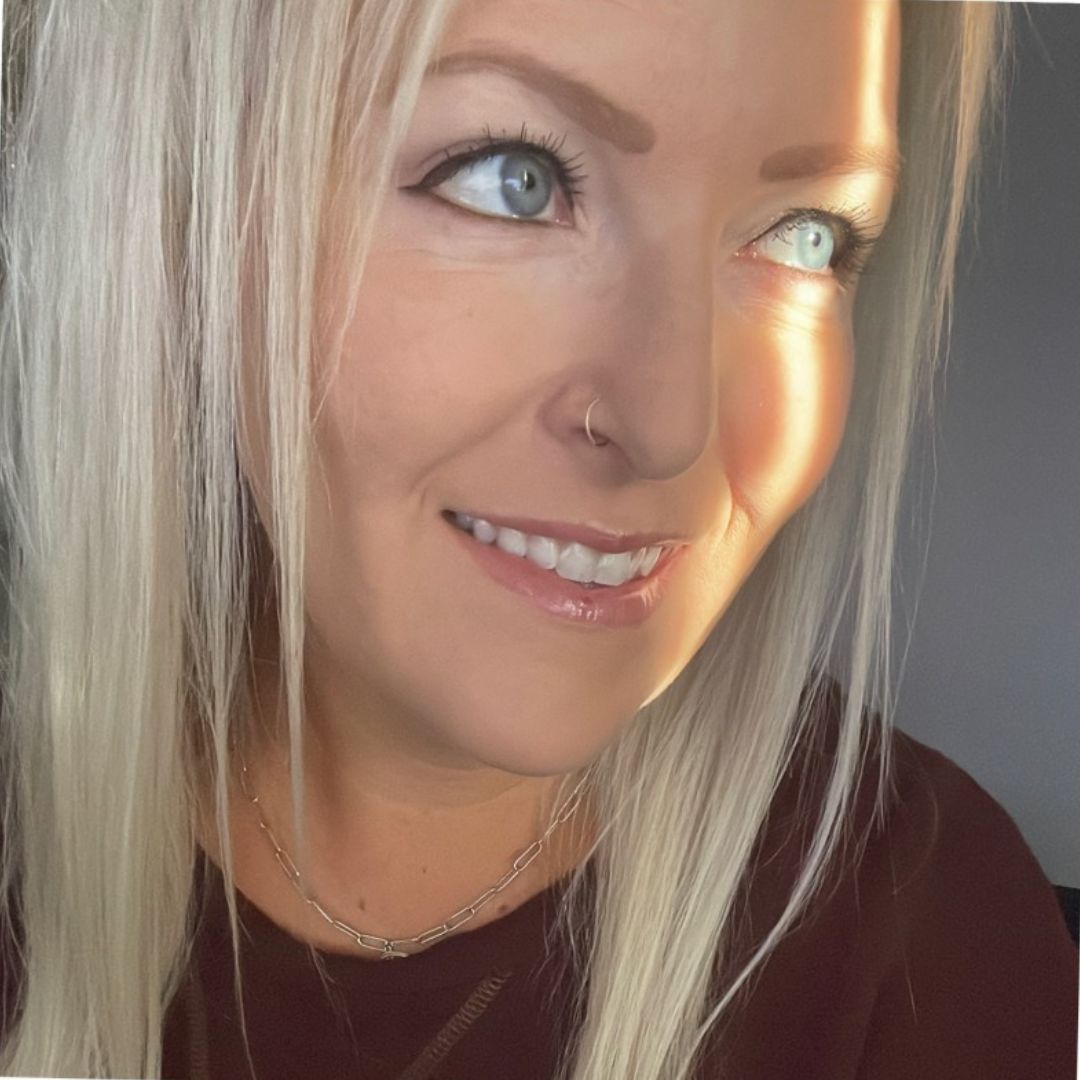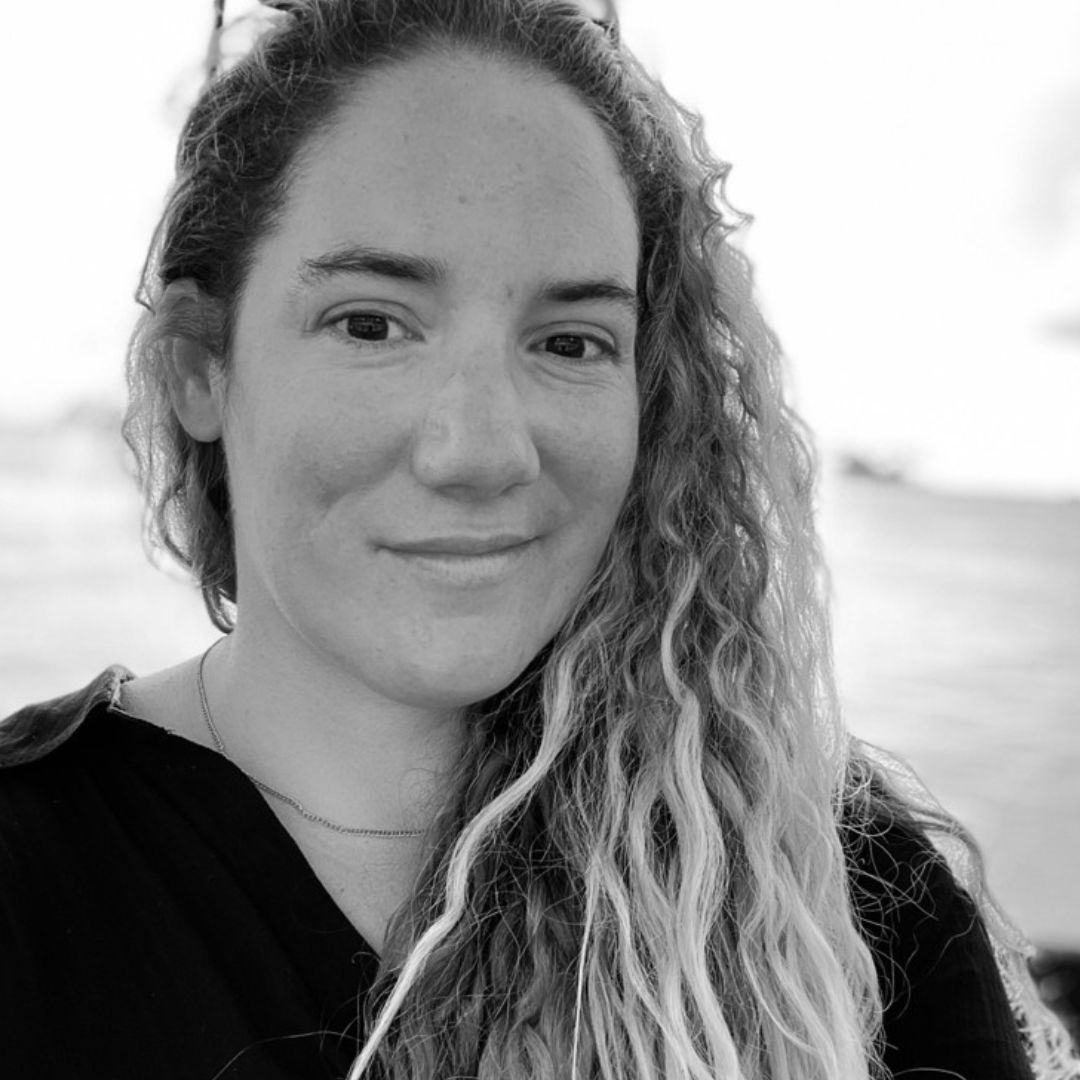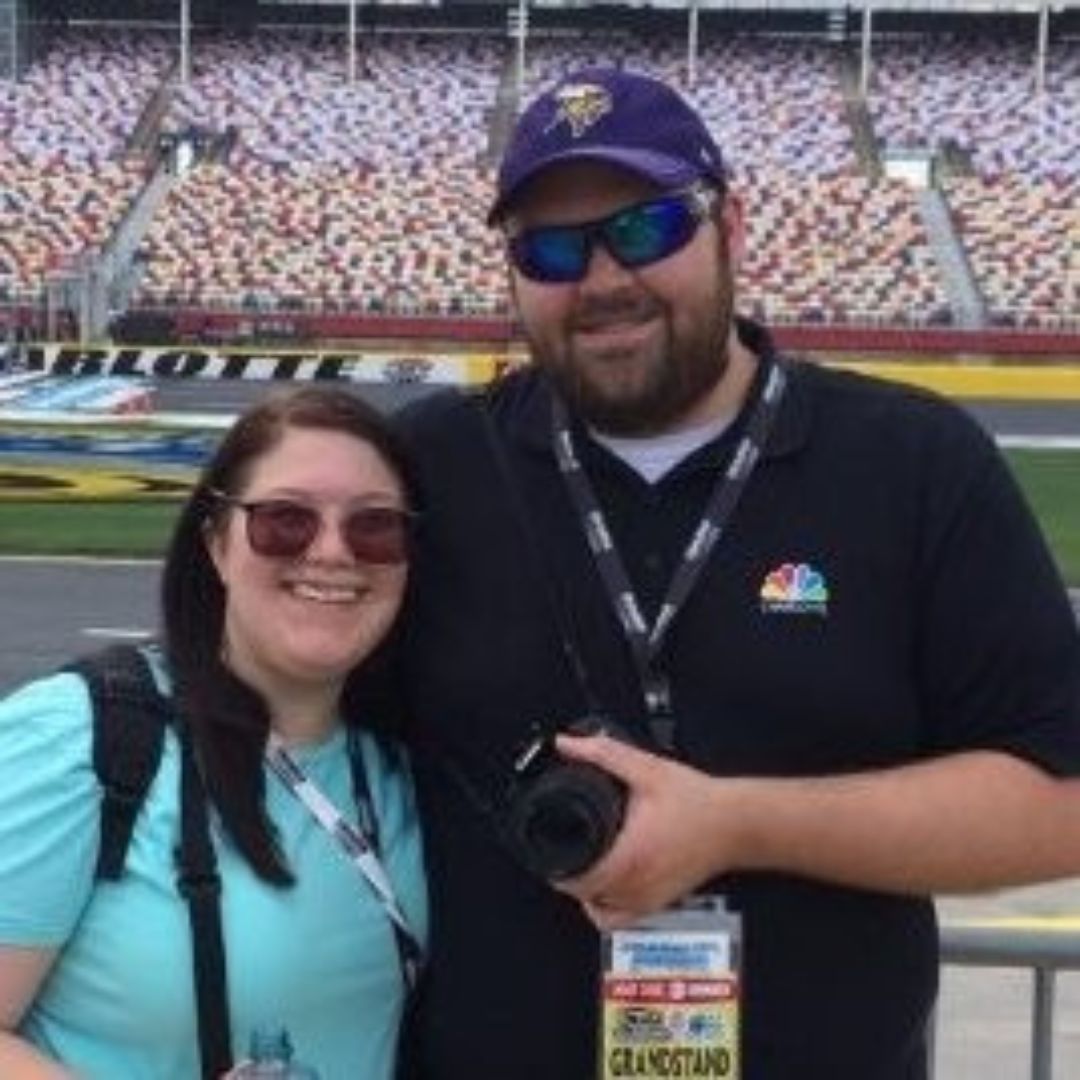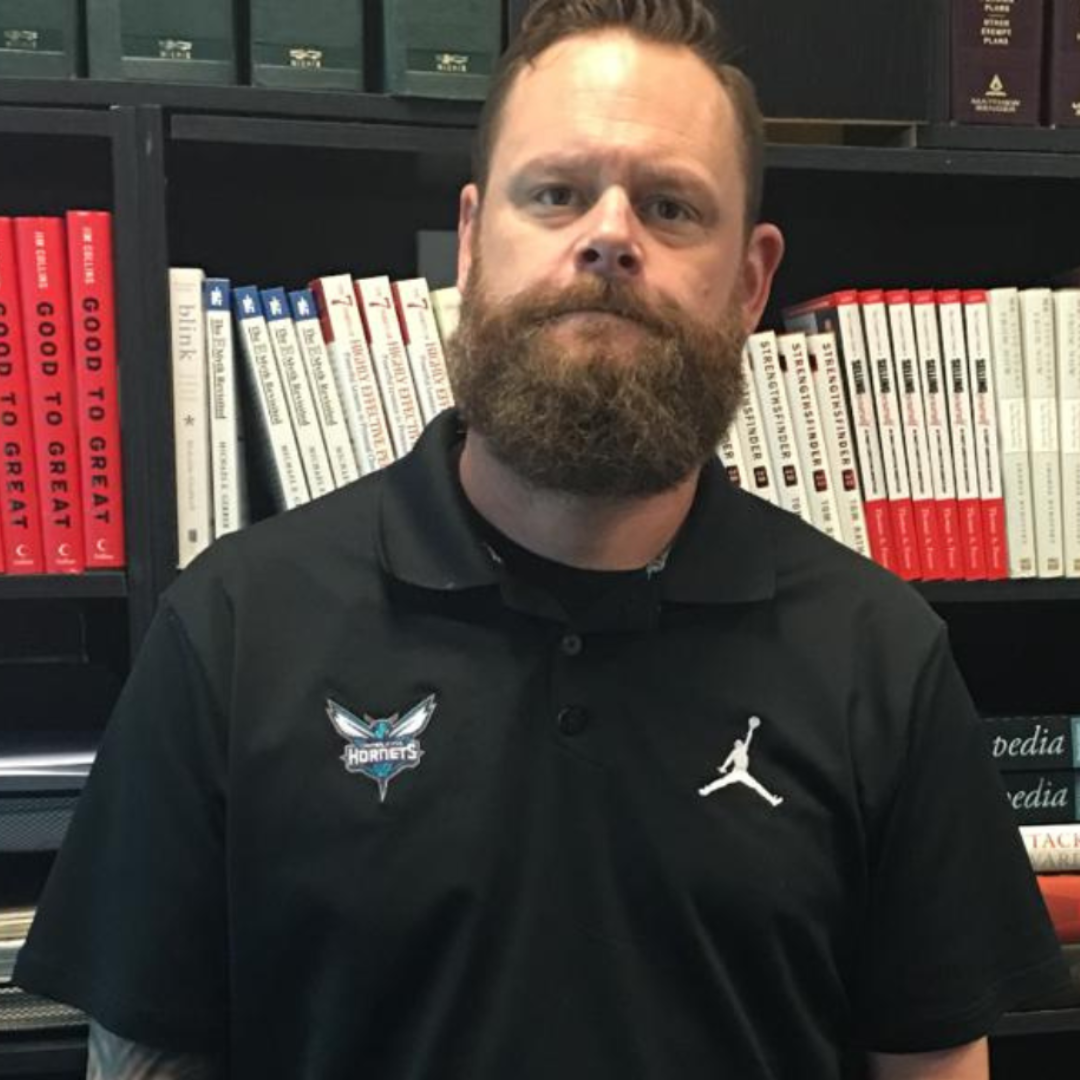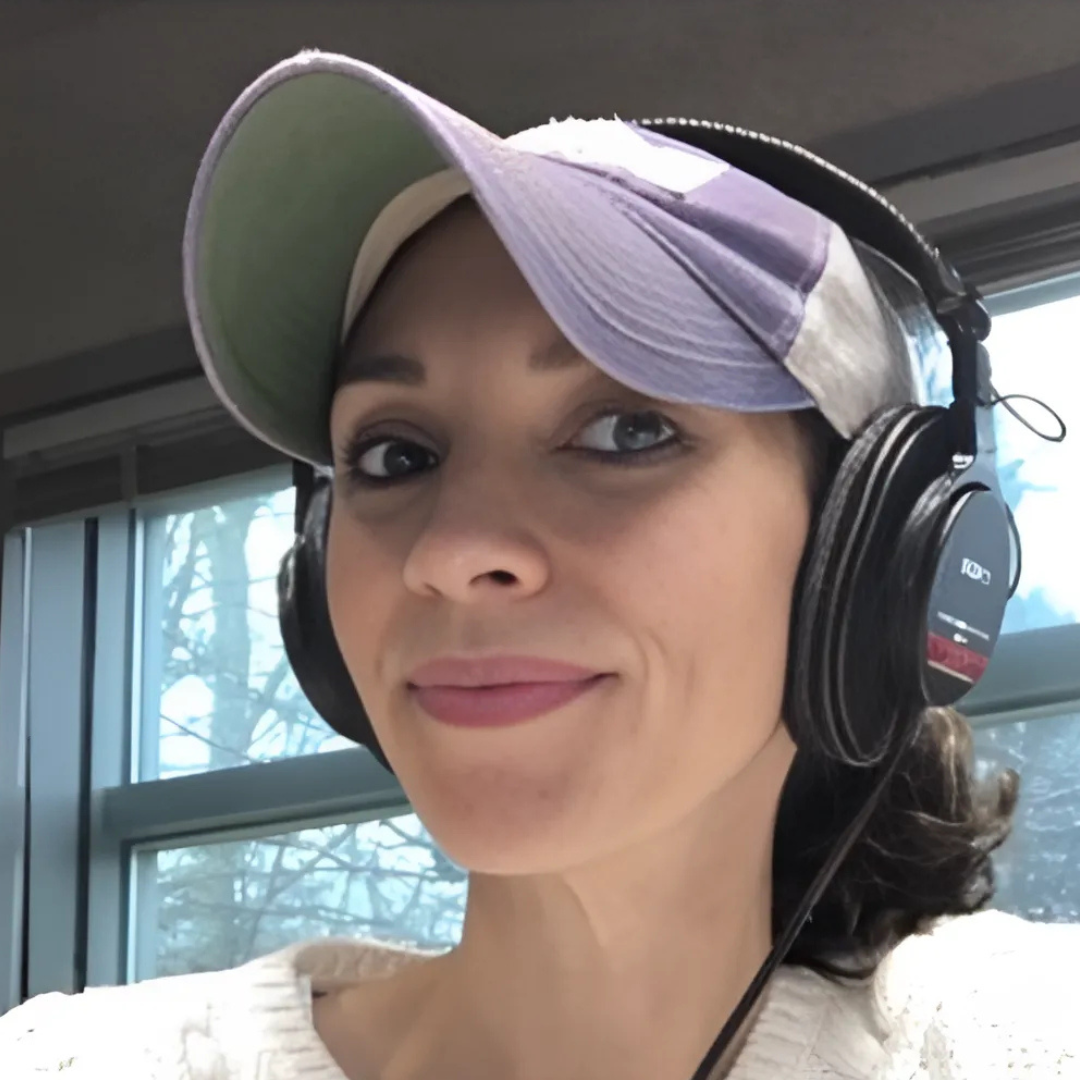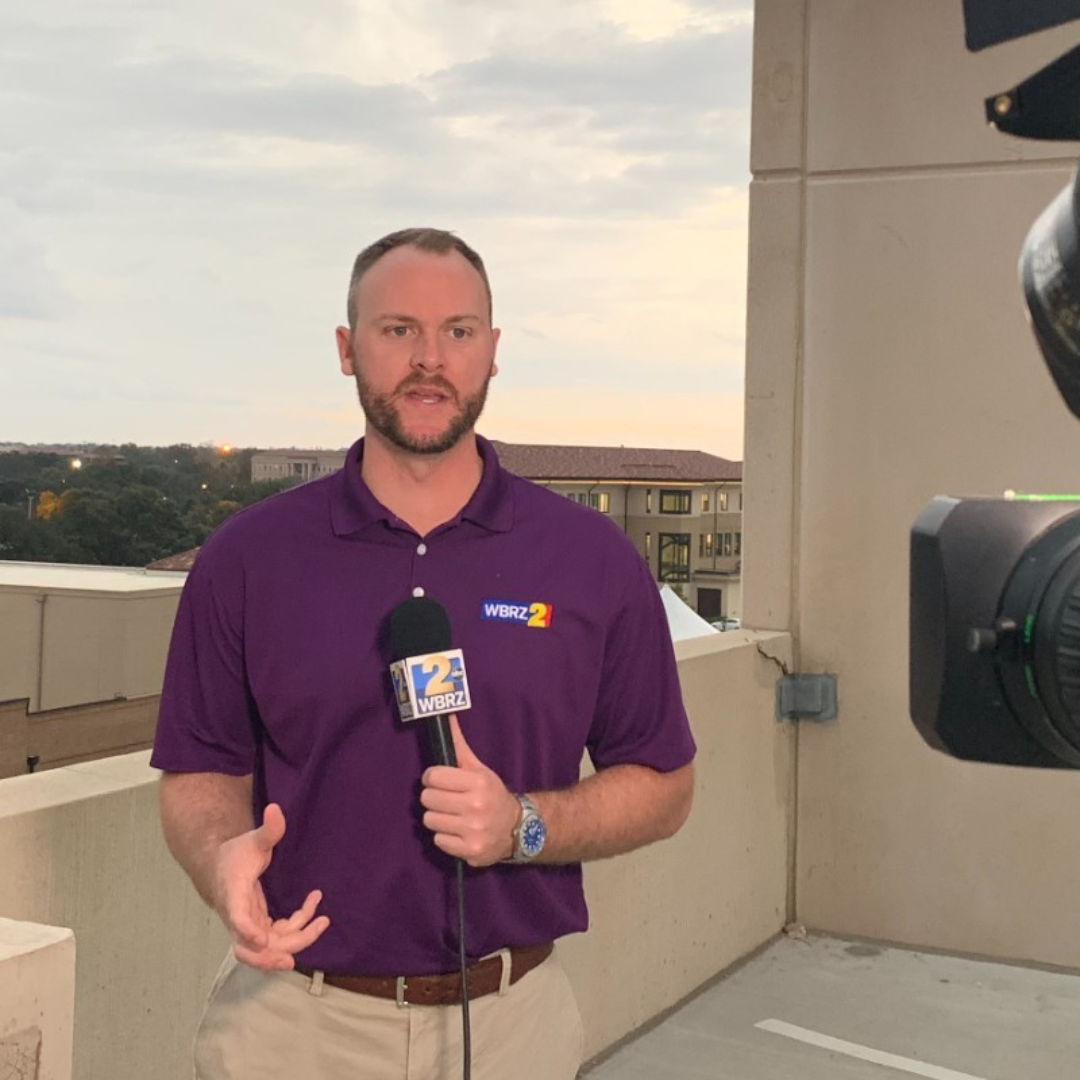North Carolina offers stunning landscapes, from the Outer Banks to the Blue Ridge Mountains, making it a prime location for filmmakers. But if you plan to use a drone to capture those breathtaking aerial shots, you need to understand and follow the rules. This guide breaks down the key regulations for filmmakers operating drones in North Carolina, combining federal, state, and local laws.
The FAA’s Part 107: Your Foundation for Commercial Flights
As a filmmaker, your drone operation is considered commercial, not recreational. This means you must comply with the FAA’s Part 107 Small UAS Rule. Here are the essential requirements:
- Remote Pilot Certificate: You must hold a Remote Pilot Certificate, which requires you to pass the FAA’s Aeronautical Knowledge Test.
- Drone Registration: All drones used for commercial purposes must be registered with the FAA.
- Operational Limitations: Part 107 outlines operational rules, including flying below 400 feet, maintaining visual line of sight, and not flying over people or moving vehicles without a waiver.
- Airspace Authorization: You must receive authorization to fly in controlled airspace (Classes B, C, D, and E), which is often found around airports. Tools like the Low Altitude Authorization and Notification Capability (LAANC) system can help you get this authorization in real time.
Key North Carolina State Laws for Filmmakers
While the FAA governs the airspace, North Carolina has its own laws that are particularly important for a film crew:
- Privacy is Paramount: North Carolina law makes it illegal to use a drone to conduct surveillance on a person or private property without consent. Be sure to obtain all necessary permissions before flying over private land or capturing individuals in your footage.
- No Weapons: Attaching a weapon to a drone is a serious felony, so this is an absolute non-starter.
- Consent to Launch and Land: You must have the consent of the property owner to launch or recover your drone from any state or private property. This is a critical point to address during location scouting and permitting.
- No-Fly Zones: Be aware of specific no-fly zones established by state law. These include a 500-foot horizontal and 250-foot vertical exclusion zone around all correctional facilities and a 3,000-foot buffer around active forest fires.
Local Rules and Regulations
Local governments in North Carolina can also create their own ordinances. It’s essential to check for any city, town, or county regulations, especially for filming in public spaces. For example:
- Public Parks: Many municipalities, such as Raleigh and Kannapolis, have specific rules about drone use in their parks. Some may have designated flying areas, while others may require a special permit or prohibit drones entirely.
- National Parks: The National Park Service has a general ban on drone operations. This applies to iconic locations like the Cape Hatteras National Seashore and the Blue Ridge Parkway.
Summary: A Filmmaker’s Checklist for North Carolina
Before you press record, here’s a quick checklist to ensure a successful and legal drone shoot in North Carolina:
- Get Your Remote Pilot Certificate: The most important first step for any commercial operation.
- Register Your Drone: All commercial drones must be registered with the FAA.
- Check the Airspace: Use tools like the B4UFLY app or LAANC to confirm your location’s airspace classification and get any necessary authorizations.
- Secure Permits and Permissions: Obtain permits for your filming location and get explicit consent from property owners for launching and landing.
- Respect Privacy: Be mindful of privacy laws and avoid capturing individuals or private property without consent.
Relevant Resources for North Carolina Drone Filmmaking
FAA Recreational Flyers & Community-Based Organizations: https://www.faa.gov/uas/recreational_flyers
FAA B4UFLY App: https://www.faa.gov/uas/recreational_flyers/where_can_i_fly/b4ufly/
FAA DroneZone: https://faadronezone-access.faa.gov/
North Carolina Department of Transportation (NCDOT) Unmanned Aircraft Systems Program: https://www.ncdot.gov/divisions/aviation/uas/Pages/default.aspx
North Carolina General Statutes – Chapter 15A Article 16B (Drone Laws): https://www.ncleg.gov/EnactedLegislation/Statutes/PDF/ByArticle/Chapter_15a/Article_16B.pdf
City of Raleigh Unmanned Aerial Systems (Drones) Guidelines: https://raleighnc.gov/services/parks/drones-guidelines-raleigh-parks
Disclaimer: This information is for general guidance only and is not a substitute for legal advice. It is your responsibility to understand and comply with all applicable laws and regulations before flying a drone. Always check for temporary flight restrictions (TFRs) and use apps like B4UFLY to determine airspace restrictions.















